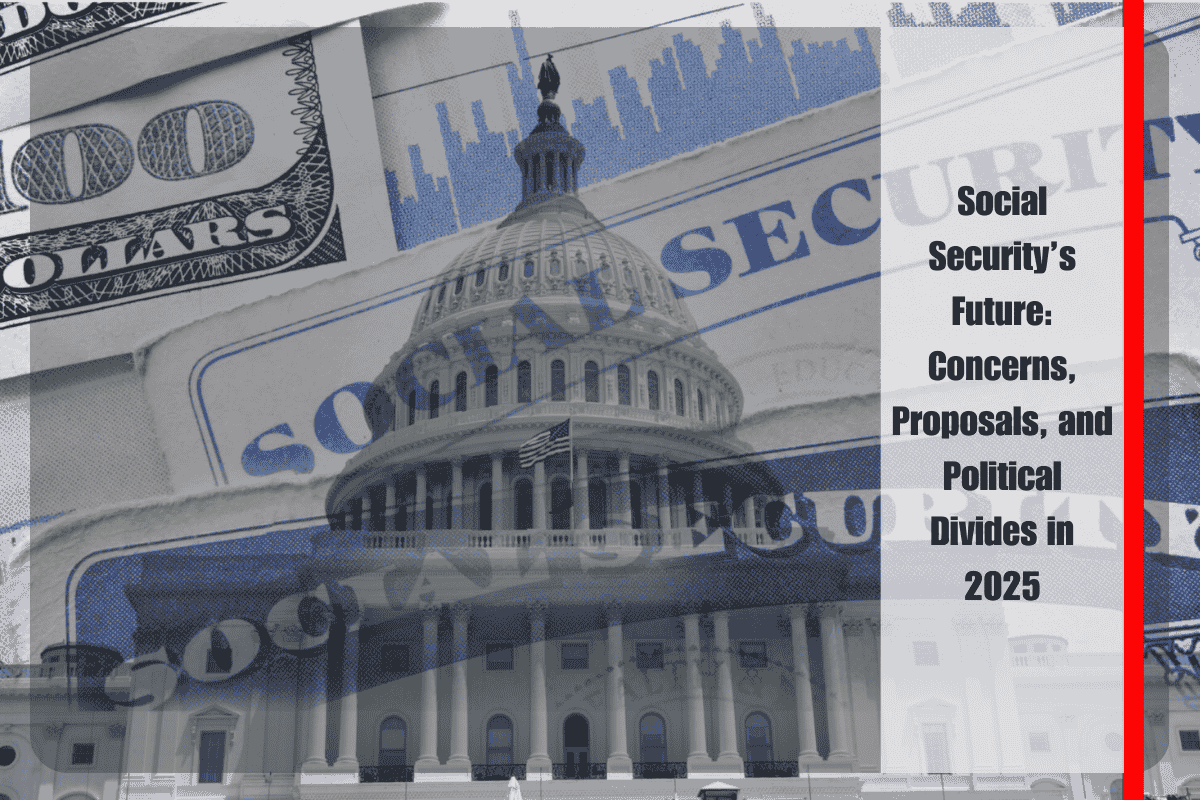Social Security, the cornerstone of retirement income for millions of Americans, is facing a rising number of challenges that threaten the program’s stability. According to a new AARP survey, more retirees today urgently rely on Social Security payments compared to two decades ago, underscoring the growing importance of the program as it confronts critical challenges, including staffing cuts and long-term financial pressures.
The AARP survey, conducted with more than 3,200 Americans, reveals that two-thirds of retirees now substantially rely on Social Security for their retirement income or plan to do so. This is a significant increase from 2005, when only about half of retirees expressed similar dependence on the program. The increased reliance on Social Security comes amid growing concerns that the program could face cuts starting in 2034 unless changes are made to ensure its solvency.
Declining Confidence in Social Security’s Future
The survey, conducted in honor of the 90th anniversary of the Social Security Act, paints a concerning picture of waning confidence in the program’s future. Only 36% of Americans believe that Social Security will continue to pay out reliably at the same levels, a drop from 43% in 2020. This highlights the growing doubts surrounding the program’s sustainability, with many Americans fearing that it may not provide enough to live on during retirement.
AARP CEO Myechia Minter-Jordan highlighted that 78% of people are worried that Social Security won’t provide enough income during retirement. This is an increase from 74% in the last survey, signaling a rising sense of insecurity among the public.
Despite the concerns, the survey revealed that 96% of Americans agree that Social Security is important, with little variation across age groups or political affiliations, underscoring its widespread significance.
A Pessimistic Outlook Among Younger Americans
The survey also found that younger Americans, particularly those in their 30s, are the most pessimistic about the future of Social Security. However, confidence tends to improve as people approach retirement age, with individuals closer to claiming benefits gaining a clearer understanding of the program’s importance. Bill Sweeney, AARP’s Senior Vice President of Government Affairs, pointed out that younger generations often underestimate how critical Social Security will be for their financial security as they age.
Rising Demand for Social Security Benefits
In addition to the survey findings, data from the Social Security Administration shows that filings for Social Security benefits are at a record high in 2025, as more Americans are concerned about the program’s future stability. Experts suggest that these filings may reflect growing anxieties about Social Security’s solvency, particularly amid cuts at the Social Security Administration.
Wealth inequality also plays a role in the increasing reliance on Social Security. While some wealthier individuals are entering retirement with substantial savings through corporate 401(k) programs, about half of private-sector workers lack access to retirement accounts, according to a recent Pew Charitable Trusts study. This disparity is causing many individuals to rely more heavily on Social Security for their post-retirement financial security.
Growing Number of Beneficiaries
Currently, 68 million Americans, including retirees, disabled individuals, and survivors of deceased workers, rely on Social Security, a 42% increase over the past two decades. The number of Social Security beneficiaries is expected to rise to 82 million by 2035, further emphasizing the program’s growing role in supporting Americans in their later years.
Lack of Understanding of Social Security Basics
The AARP survey also revealed that many Americans still lack a basic understanding of how Social Security works. For instance, only 24% of respondents correctly identified 70 years old as the age at which individuals can maximize their Social Security benefits. Additionally, about one-third of respondents incorrectly believed that if the Social Security trust funds become insolvent, benefits would cease entirely. In reality, if the trust funds run out of money, which is forecast to happen by 2034, monthly benefits will be reduced by about 20%, not eliminated.
The results of the AARP survey underscore the growing importance of Social Security for millions of Americans, especially retirees, and highlight the increasing concerns about its long-term viability. With the trust fund depletion looming and growing reliance on Social Security, it’s clear that changes will need to be made to preserve this vital program. As the 90th anniversary of the Social Security Act approaches, these findings call for serious discussions on reform to ensure that Social Security can continue to provide for future generations.












